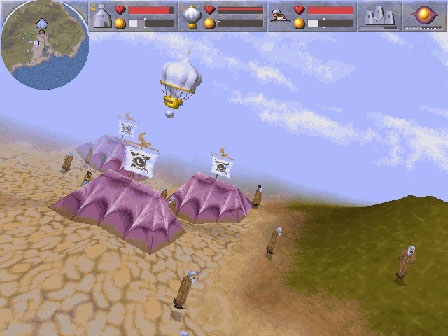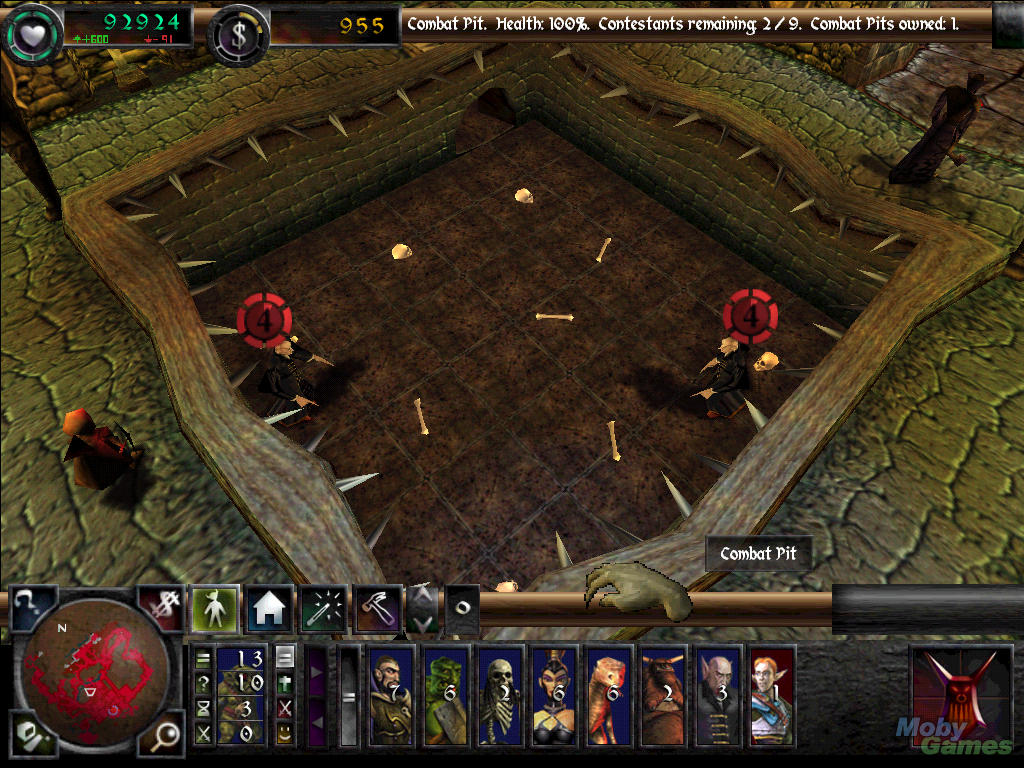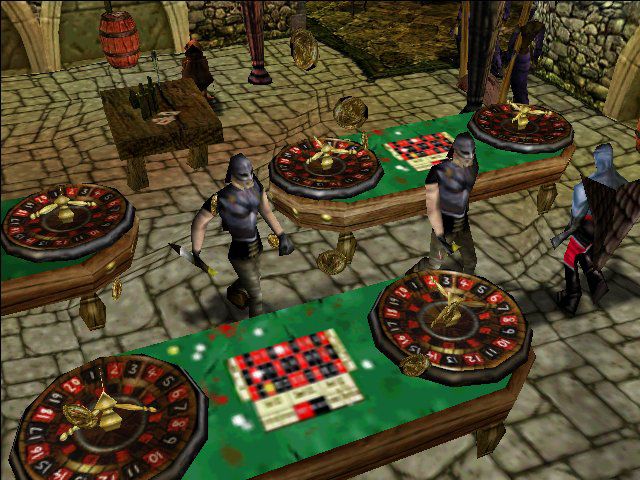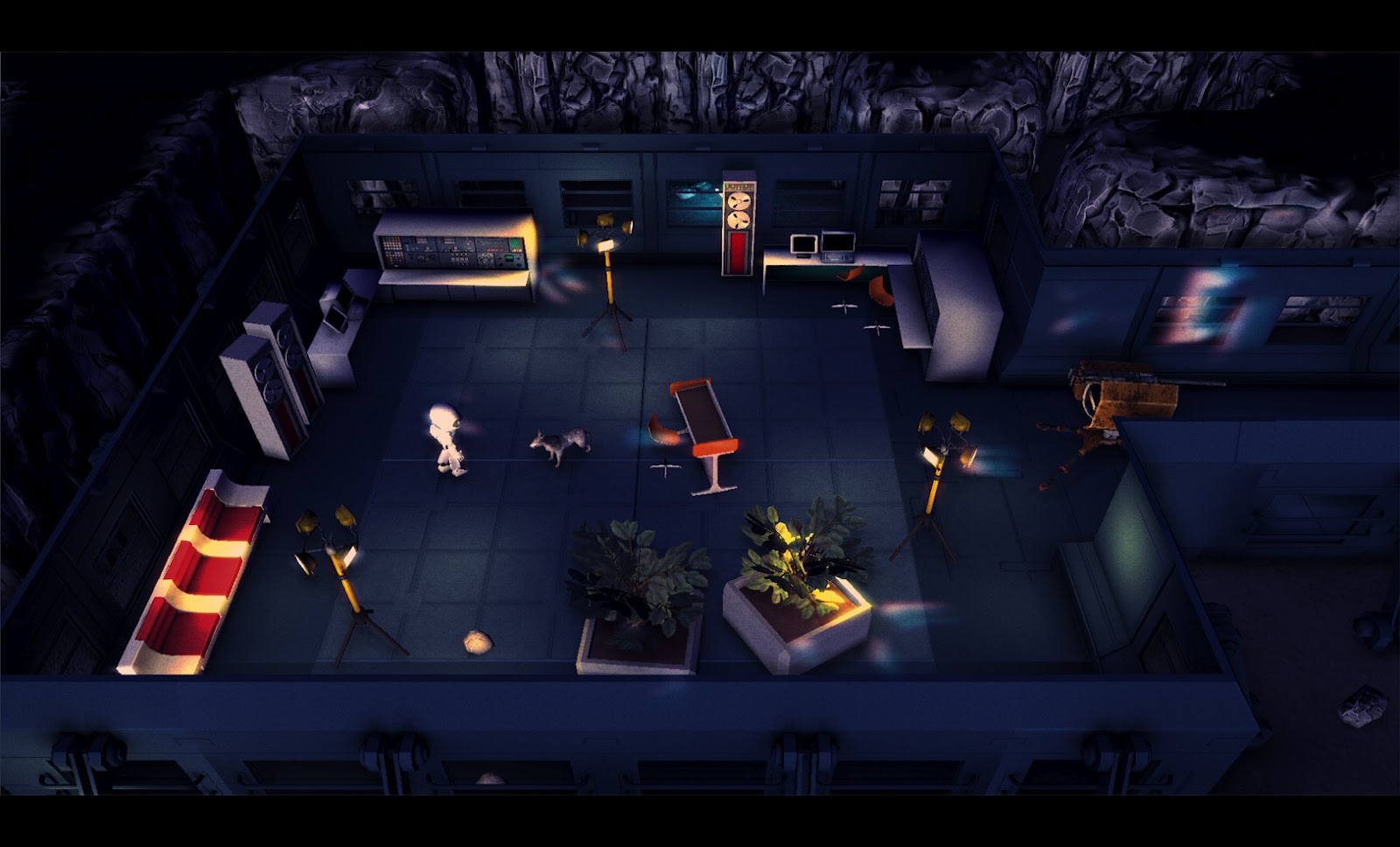This post has not been edited by the GamesBeat staff. Opinions by GamesBeat community writers do not necessarily reflect those of the staff.
I don’t think it would be too hasty of a generalization to say that most gamers from my generation grew up with a console and were in love with Sonic or Mario. A simple search through various community boards, blogs, and even comment sections on online articles will reveal tales of long hours in the early 90s spent with hands wrapped around controllers or practicing rhetoric by arguing with parents about why bed time should be put off for another hour, all for the sake of some virtual world hidden within a cartridge.
This was not my childhood.
I grew up with a Sega Genesis, but for the most part, I was behind a computer screen. My father and grandfather bought me a grey computer with copies of Windows 95, Warcraft II, and Mavis Beacon Teaches Typing for my seventh birthday. The reason I received the computer was because it had become clear to my parents that I had a mild form of dysgraphia, which meant (in my case) that my handwriting was illegible and not just in a kindergarten-awful-handwriting kind of way, either. By second grade, the school already had me attending sessions with a motor therapist. I imagine that she talked my parents into getting me into typing, hence the Mavis Beacon. Warcraft II was incentive for me to use the computer.

Oh look, tinder…I mean, people!
Unfortunately I never really used the computer for anything more than playing Hover! until the soundcard died inexplicably. My father, tech junkie that he is, bought a replacement soundcard that came bundled with Bullfrog Productions’ Magic Carpet 2. I can still vividly recall starting up the game for the first time and being wowed by the SWWWWWOOOOSH sound that blared through my speakers as I went soaring across a carefully sculpted terrain of mountains, prairies, pitholes, and trees. And I could set the trees on fireeeeeeee! I burned down entire forests and zapped herds of goats with lightning bolts. I know that “freedom” in games has become kind of a cliché with the rise of sandbox games, but nothing has ever come close to matching the constant, exhilarating rush of freedom that flowed through my veins as I played Magic Carpet 2.
I completed the storyline about evil rulers and rival wizards and vanquished my foes with super cool sorcery, but the fondest memories I have involve just letting myself be immersed in the various realms (including one difficult underworld level) and flying overhead all the nonviolent NPCS, animals and villagers traversing the landscape, ignoring the sometimes calm, sometimes maniacal child demigod on his magic carpet above them.

In my dungeon, the combat pit was really just another term for "time-out."
For a kid whose first six years of public education consisted of being mocked and bullied for being gangly, pale, awkward, and having chickenshit handwriting, that escape into this beautiful world that Peter Molyneux and company had crafted was a bright pinpoint of light during a dark time that I don’t like to reminisce about. Sonic the Hedgehog may have gotten me playing games, but Magic Carpet 2 is what turned me into a gamer. When I was younger, I didn’t have the words for it—the knowledge that games could be more than just playthings. I just felt it, that they could be something else. Now I know that they can be therapeutic, or opportunities for fantastic narratives, or even educational tools. Magic Carpet 2 was the seed of that realization.
I became even more infatuated with Bullfrog’s games when I got my hands on Dungeon Keeper 2. By that time, I was definitely a gamer firmly clinging to the belief that Half-Life was the apex of gaming. I was still being picked on, still awkward, just taller. And then Dungeon Keeper 2 came along and provided me with yet another immersive experience that ate away my time because I loved being the “bad guy.”

Yes, my dungeon had casinos. It also had casual fridays, too.
I have to admit it was fun wreaking havoc on those self-righteous, good looking do-gooders—who may or may not have reminded me of certain prep-clique kids I knew—that came into my dungeon to start trouble. A little disturbing? Sure. But therapeutic nonetheless. I was once again a god-like figure in my own little world capable of pretty much anything. A nice little reprieve from cowering in the hallways of my school whenever people cocked their eyebrows or smirked at me. Hence, the appeal of god games to me. A lot of people settle for shooting random terrorists as a way to blow off steam. Nonsense! Give me the power to destroy, and create and….destroy what I’ve created! It’s only a simulation of power, sure, but that simulation meant a lot to a helpless youngster thirteen years ago.
The significance of this genre returned to me in a very big way recently when finally, after several months of being a strong, vocal supporter of Kickstarter, I backed my first project: Simon Roth’s Maia. I’ve pledged sixteen bucks because this fascinating looking space-age god game catapulted me back through the past and plopped me right down in front of my old computer that could barely run Dungeon Keeper 2. Roth’s selling his concept as:
… a colony management simulator where you must keep your colonists safe, fed and happy. Liberally influenced by nineties god games, the game will have a dark sense of humor and more toys to play with than you can shake a Moylneux at.
I’m excited for this game and hope that Roth and his team can pull it off. The genre deserves a comeback and this looks like the game that could make that happen. The personal meaning behind god games and just how damn fine the work in progress for Maia looks so far was enough for me to slap some cash down. My only concern is that the game has eleven days left and that it’s also running alongside Big Robot’s Sir, You Are Being Hunted. I don’t want to say against, but, then again, with a finite amount of money in gamers’ pockets and two very interesting concepts, it’s hard not to see this as a competition even though SYABH has more than made its development costs need. With eleven days to go before the Kickstarter ends, Maia has about half of what it needs to be produced, which is more than enough time to get the money it needs.

Want. Now.
My inner child can’t wait to see how the final version of the game turns out.
No pressure, Simon.
—-
You can check out Roth’s Kickstarter page and determine for yourself whether or not Maia strikes your fancy enough that you’d be willing to help fund its development.
Also, for those of you who haven’t been fortunate enough to play either Magic Carpet or Dungeon Keeper 2, both are available for purchase at GOG.com. Cheap.
